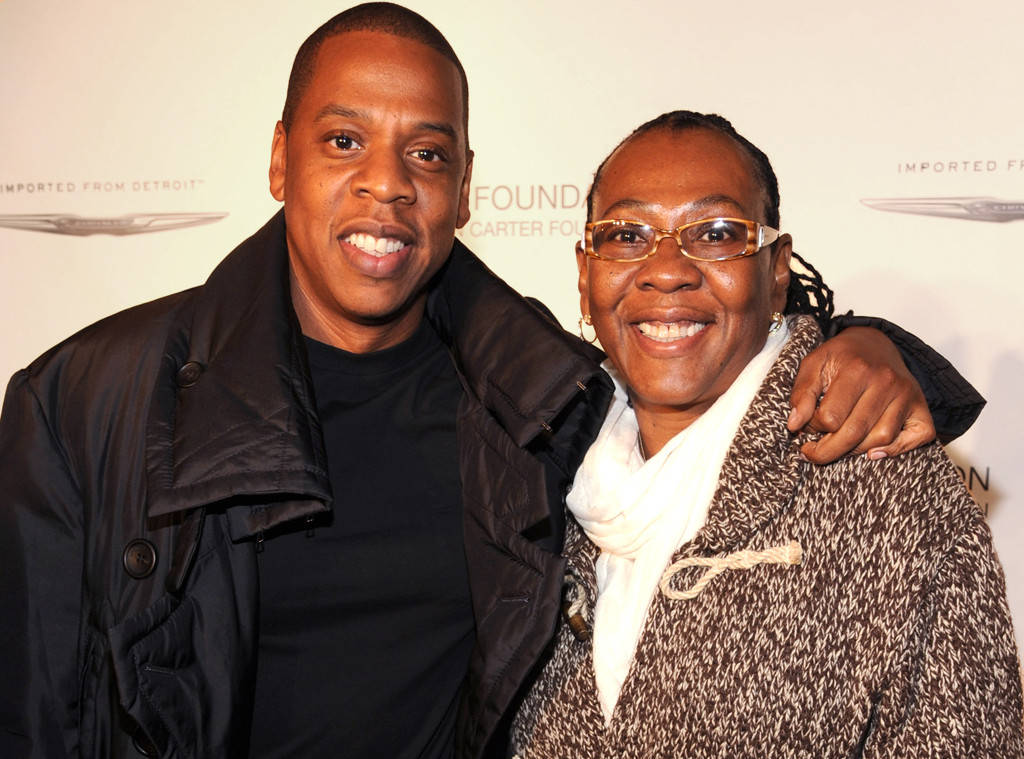Post-Weinstein Facebook posts by Laurie Stone…
Nation
Feasting on a Fiend
And so, the monster that is Harvey Weinstein has been banished, and soon, perhaps, he will be incarcerated. Troops of celebrities have rushed to condemn him, some claiming ignorance about his m.o. and nearly all expressing horror. It’s been a long time since the word disgusting was used by so many men who, if the tropes of pornography are to be believed, harbor fantasies very close to what Weinstein acted upon. I suspect that the conflict between what men and women feel sexually (which isn’t a single thing) and what we feel politically (which is) reflects a climate of anxiety amplified by social media and by newspapers and TV shows that have everything to gain from scandalizing. The result has been a two-edged sword. There’s a real struggle against sexual oppression and a more ambiguous fostering of uneasiness about sex that is potentially as oppressive as the situation it is meant to address.
Eminen and Trump: Fratricide in the White Imagination
The figure of Slim Shady haunts the moldering corridors of the Midwest. In every town you’ll meet them–tall, pale young men in hoodies on the margins of the mainstream economy. They roam the busted landscape of blue-collar America, enacting private sagas of self-destruction in search of some lost myth of unsullied masculinity.
The Shark Has Pretty Teeth Dear
I’m an inveterate watcher of ABC’s popular “Shark Tank.”
Canciones Para Puerto Rico
Chatter about “Almost Like Praying”–the song Lin-Manuel Miranda wrote and recorded to benefit hurricane relief efforts in Puerto Rico–reminded your editor of this performance by the brothers Palmieri and salsero Ismael Quintana…
What’s Left
rage…fuck fuck fuck fuck fuck fuck fuck fuck fuck fuck…fury…FUCK FUCK…
Fit to Print
Last week, The New York Times ran a strange story about Louis C.K., whose comedy walks an artful line between insight and indecency. The piece cited “unsubstantiated internet rumors of his sexual misconduct with female comics.” I call this story strange because of that word–unsubstantiated. Substantiation is the essence of good reporting. You don’t print what you can’t pin down. But at the Times, this standard is changing, at least when it comes to allegations of sexual abuse. Hearsay is permissible, as long as women are doing the saying.
Mancunian Lincoln

It seems like maybe we could all use a good story about a civil war statue, a good story about an American President, and a good story about the power of the common people against the rich and powerful, so I’m going to start with this one. It’s probably for the best that you’re reading this here because I haven’t managed to tell this story in person without crying.
On Taking Down the Monuments to the Confederacy
To which our historically savvy president responds: “Why not the monuments to Washington and Jefferson as well?”
The Middle of the Journey 2.0
A brother-writer has been pumping iron and taking boxing lessons ever since Trump won. He’s Jewish (with a Latin tinge). I’m not. And that’s probably on point. The threat posed by those who chant “Jews Will Not Replace Us” may be more visceral for him than it is for me.
Trump’s Alt Reality (& Policing the Crisis)
Despite a lot of persiflage to the contrary, Donald Trump is sometimes a remarkably cautious man. Yesterday he was able to see many sides to the controversy down in Charlottesville, and was strikingly careful about inflaming any of them.
Tweet the Press: How the Media Enable Trump
Like a bad Broadway play, the Anthony Scaramucci show closed after only 11 days. But in his brief time as White House communications director, the Mooch gave quite a performance. He announced himself with a string of profanities, duly reproduced in the quality journals, which was a real pleasure.
Grown-Up Hip Hop

Jay-Z & his mother Gloria Carter rap about her coming out in “Smile”–an exemplary track on 4:44.
Songs of Summer: Loesch and Lynch
When I was young and things made sense, every summer Hollywood would release a handful of outrageously expensive movies in which aliens, sentient robots from the future, natural disasters on CGI steroids, etc. would wipe cities off the map and send audiences home happy. Cleansed.
On “Wonder Woman”
Most of what I’ve read about Patty Jenkins’s 2017 Wonder Woman, and most of what my friends have said about the movie, has been strongly positive, and the aspect of the film commented on most positively is its sometimes explicit, sometimes implicit feminism. I have no quarrel with these pieces and comments; I saw the film twice and thought it not only intelligently, brashly feminist but also stylish–the classiest and least patriarchal superhero film I’ve seen in a long time, and I’ve seen a lot of them.
Watching it as a pacifist, though, I was aware of another pattern of meaning, one having to do with the film’s naturalization of war and marginalization of peacemaking, of what William James called “the war on war.”